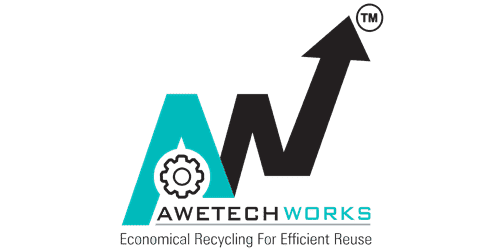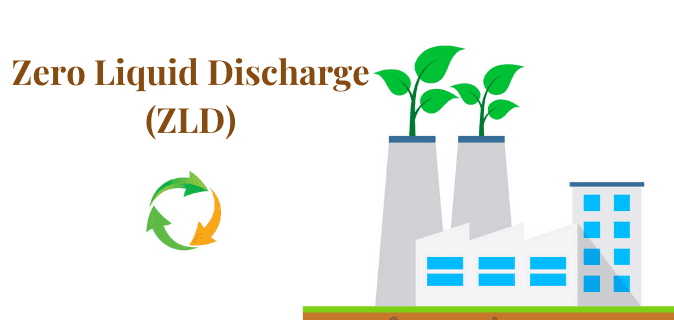
STP Installation
200+
Waste Water Treated Per Day
70 MLD
Inhouse Manufacturing
Yes
Mega Project
0.6 MLD STP at NTPC Sarni (MP)
Zero Liquid Discharge (ZLD)
- Available in standard capacity of 20/45/90/170/300/500 Ltr/hr.
- Available in standard 316 SS alloy as well as other more corrosion resistant alloys for long term reliable operation for even the most corrosive applications.
- Designed for high efficiency and faster evaporation.
- Heaters designed with proper surface loading ensures efficient evaporation and longer life of heaters in case of electrically operated.
- Gas or steam operated, heating system is designed for maximum efficiency and trouble free operation resulting in reduced fuel cost.
- A wide variety of heat sources allows end user to use the most economical heat source available.
- Sloped bottom for easy removal of solids
- Efficient controls ensures safety against heater burnouts and dry run of coil or burner. The level switch is interlocked with heating source at two stages for fail safe operation.
| Plant Name | Prices |
|---|---|
| ZLD | Approx Price : Rs. 275000 |
customer testimonials
Awetech Works has transformed our water management system. Their ZLD solution for our power plant is efficient and reliable. Highly recommended!
Industries We Serve
We specialize in delivering comprehensive water treatment solutions, including ETP, STP, DM, RO, and water softener plants, tailored to meet the specific requirements of various industries.
About Zero Liquid Discharge (ZLD)
Ensuring access to clean and safe drinking water is essential for health and well-being. Drinking Water Solutions encompass a variety of methods and technologies designed to provide purified water for homes, offices, and businesses. These solutions address the need for Clean Water Solutions, catering to the diverse requirements of different environments.
Zero Liquid Discharge (ZLD) is a cutting-edge water treatment methodology that ensures no liquid waste leaves the boundary of a plant or industrial site. This innovative approach is gaining significant traction across various industries due to its ability to conserve water resources and mitigate environmental pollution.
ZLD Water Treatment involves a series of advanced processes designed to treat and recycle wastewater, ultimately producing zero discharge of liquid waste. The ZLD Process integrates multiple treatment steps, including pretreatment, evaporation, crystallization, and solid waste management, to achieve complete water recovery and waste minimization
ZLD Plants are engineered to handle complex industrial effluents, transforming potentially harmful wastewater into reusable water and solid residues. The ZLD Plant Process typically starts with the pretreatment of wastewater to remove large particles and impurities. This is followed by a series of filtration and reverse osmosis steps to concentrate the dissolved solids.
The heart of the Zero Liquid Discharge System lies in the evaporation and crystallization stages, where the concentrated wastewater is heated to evaporate the water, leaving behind solid residues. These residues are then collected and safely disposed of or repurposed. The evaporated water is condensed and can be reused within the plant or returned to the environment as clean, distilled water.
ZLD Wastewater Treatment not only ensures compliance with stringent environmental regulations but also provides a sustainable solution for industries facing water scarcity. By adopting a Zero Liquid Discharge System, industries can significantly reduce their freshwater intake and minimize their environmental footprint.
One of the key advantages of a Zero Liquid Discharge Plant is its ability to recover valuable by-products from the wastewater. Industries such as power generation, pharmaceuticals, chemicals, and textiles benefit greatly from ZLD systems, as they can reclaim and reuse critical resources, thereby reducing operational costs.
Zero Liquid Discharge ZLD technology is continually evolving, with advancements in membrane technologies, energy-efficient evaporators, and crystallizers making ZLD systems more effective and economical. The integration of these technologies in a Zero Discharge System enhances the overall efficiency and sustainability of industrial water management practices.
Implementing a Zero Liquid Discharge Wastewater Treatment system requires careful planning and design. Each ZLD system is tailored to the specific needs of the industry, considering factors such as the composition of the wastewater, the desired level of water recovery, and the handling of solid wastes. This bespoke approach ensures that the ZLD system operates at optimal efficiency, providing a robust solution for Zero Discharge Liquid Management.
In summary, Zero Liquid Discharge (ZLD) represents a holistic approach to wastewater treatment, where every drop of water is recovered and reused, and no liquid waste is discharged into the environment. The ZLD Plant and its associated processes offer a sustainable and economically viable solution for industries aiming to achieve zero liquid discharge, promoting water conservation and environmental stewardship.
Process of Zero Liquid Discharge (ZLD) from Awetech Works
Zero Liquid Discharge (ZLD) is a comprehensive water treatment methodology aimed at completely eliminating liquid waste discharge from industrial processes. This ambitious goal is achieved through a series of intricate and carefully orchestrated steps, each designed to maximize water recovery and minimize waste. Here’s an in-depth look at the key processes involved in a ZLD system:
1. Pretreatment
The ZLD process begins with the pretreatment of the industrial effluent to remove large particles and suspended solids. This step typically involves:
- Screening and Filtration: Removing large debris and particulate matter.
- Chemical Treatment: Adding coagulants and flocculants to aggregate finer particles, which are then removed through sedimentation or flotation.
2. Primary Filtration
Following pretreatment, the water undergoes primary filtration to further reduce the concentration of dissolved solids. This stage often includes:
- Microfiltration (MF) or Ultrafiltration (UF): Using membranes to remove remaining fine particles and microorganisms, ensuring that the water entering the next stage is free of significant contaminants.
3. Reverse Osmosis (RO)
The RO process is critical in ZLD systems for significantly reducing the dissolved solids content. It involves:
- High-Pressure Filtration: Forcing water through semi-permeable membranes that allow water molecules to pass while retaining most dissolved salts, organic materials, and other impurities.
- Concentrate Management: The reject stream (brine) from the RO process, which is highly concentrated in dissolved solids, is then subjected to further treatment.
4. Evaporation
Evaporation is a pivotal step in the Zero Liquid Discharge Process, where the concentrated brine is converted into water vapor and solid residues. This step typically involves:
- Mechanical Vapor Recompression (MVR): Using mechanical energy to compress and recycle the vapor, reducing energy consumption.
- Multi-Effect Evaporation (MEE): Employing multiple stages of evaporation to enhance efficiency by reusing heat energy from one stage to the next.
5. Crystallization
In the crystallization phase, the remaining liquid is further concentrated until the dissolved salts begin to crystallize out of the solution. This involves:
- Forced Circulation Crystallizers: Promoting the formation of solid crystals from the concentrated brine.
- Solid-Liquid Separation: Utilizing centrifuges or filters to separate the solid crystals from the remaining liquid.
6. Solid Waste Management
The solid residues produced during the crystallization phase need to be managed effectively. This includes:
- Collection and Handling: Gathering the solid wastes, which may include salts, metals, and other residual materials.
- Disposal or Reuse: Safely disposing of the solid waste or finding ways to repurpose it, such as using certain salts in industrial applications.
7. Condensate Recovery
The vapor generated during evaporation is condensed and collected as purified water. This step involves:
- Heat Exchange Systems: Cooling the vapor to convert it back into liquid form.
- Polishing: Further treating the condensate to ensure it meets quality standards for reuse within the plant or for safe discharge if permitted.
8. Recycle and Reuse
The final stage in the ZLD process focuses on the reuse of treated water within the industrial facility. This includes:
- Storage and Distribution: Storing the recovered water in tanks and distributing it for various industrial applications such as cooling, washing, or as process water.
About Zero Liquid Discharge (ZLD) from Awetech Works
Awetech Works is the premier solution provider of Zero Liquid Discharge (ZLD) systems, dedicated to delivering cutting-edge water treatment solutions across multiple regions in India. Our commitment to environmental sustainability and water conservation drives us to offer state-of-the-art ZLD technologies that cater to a diverse range of industries, ensuring zero liquid waste discharge and promoting efficient water reuse.
Our Service Locations
We proudly serve clients across various states and cities, ensuring comprehensive coverage and prompt service delivery. Our extensive service network includes:
- Uttar Pradesh (UP): Kanpur, Lucknow, Ghaziabad, Agra, Varanasi
- Madhya Pradesh (MP): Indore, Bhopal, Jabalpur, Gwalior, Ujjain
- Rajasthan: Jaipur, Jodhpur, Kota, Bikaner, Ajmer
- Jammu and Kashmir (J&K): Srinagar, Jammu
- Gujarat: Ahmedabad, Surat, Vadodara, Rajkot, Bhavnagar
- Punjab: Ludhiana, Amritsar, Jalandhar, Patiala, Bathinda
- Delhi National Capital Region (NCR): Delhi, Gurgaon (Gurugram), Noida, Faridabad, Ghaziabad
- Maharashtra: Mumbai, Pune, Nagpur, Thane, Nashik
Our extensive reach allows us to address the unique water treatment needs of industries in these regions, providing tailored ZLD solutions that meet stringent environmental regulations and enhance operational efficiency.
At Awetech Works, we are dedicated to providing innovative and reliable Zero Liquid Discharge (ZLD) solutions tailored to the specific needs of our clients. Our commitment to excellence, combined with our extensive industry experience and regional presence, makes us the trusted partner for sustainable water management solutions across India.
What Makes Us Different ?
Right Approch
Effluent Characteristics & Site Conditions Total cost of ownership over 10 Years of lifetime. Legal Compliance and desired treated water parameters.
Clean Commitment
On time project execution, periodic Operation and Maintenance training and perfect paperwork is our core strength. We consider our job is done when our client gets habitual of using the recycled water and gets all legal clearance from authorities.
Expert Solutions
Our team of experts creates the most economical, efficient and Maintenance free design that will be best for your application.
Frequently Asked Questions [FAQ]
Zero Liquid Discharge (ZLD) is a water treatment process that ensures no liquid waste is discharged from a facility. Instead, all wastewater is treated and recycled, leaving only solid waste for disposal or reuse.
A ZLD system works through a series of steps including pretreatment, filtration, reverse osmosis, evaporation, and crystallization. These processes concentrate and treat wastewater, recovering water for reuse and converting contaminants into solid waste.
Industries such as power generation, chemical and petrochemical, textiles, pharmaceuticals, pulp and paper, food and beverage, mining, oil and gas, semiconductor manufacturing, automotive, leather tanning, desalination, and steel production commonly use ZLD systems.
The main benefits include environmental compliance, water conservation, reduction in wastewater discharge, recovery of valuable resources, and a lower environmental footprint.
Key components include pretreatment units, microfiltration/ultrafiltration systems, reverse osmosis units, evaporators, crystallizers, and solid waste management systems.
While initial investment and operational costs for ZLD systems can be high, the long-term benefits such as water savings, compliance with regulations, and recovery of valuable materials can make it cost-effective.
ZLD systems are highly versatile and can be customized to handle a wide range of industrial wastewaters, including those from complex and high-contaminant processes.
Reverse osmosis (RO) plays a crucial role in reducing dissolved solids in the wastewater, preparing it for further concentration through evaporation and crystallization stages.
Solid wastes are typically collected during the crystallization phase and can be disposed of safely or repurposed for industrial uses, depending on their composition.
Stringent environmental regulations on wastewater discharge and water usage, particularly in regions facing water scarcity, drive the adoption of ZLD systems.
ZLD contributes to sustainability by conserving water resources, reducing pollution, recovering valuable materials, and minimizing the environmental impact of industrial operations.
Yes, ZLD systems can often be integrated into existing facilities, although this may require significant modifications depending on the current wastewater treatment infrastructure.
Challenges include high capital and operational costs, complexity of system design, energy consumption, and the need for skilled operation and maintenance.
ZLD systems are designed to be flexible and can be scaled or adjusted to handle varying volumes and compositions of wastewater through adaptive controls and modular components.
Advancements include improvements in membrane technologies, energy-efficient evaporators, integrated system designs, and the development of cost-effective crystallization methods to enhance the efficiency and affordability of ZLD systems.
Join Over +15,000 Happy Clients!




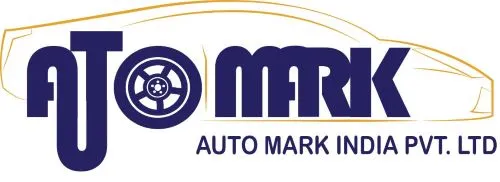

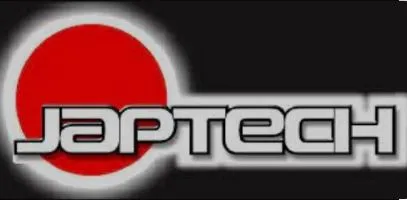



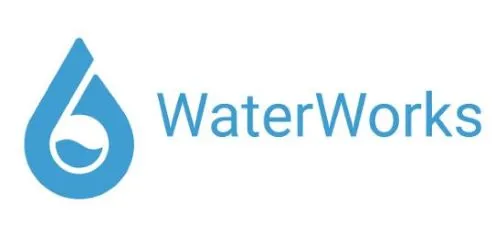

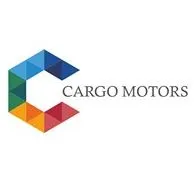



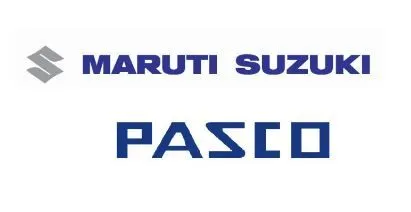



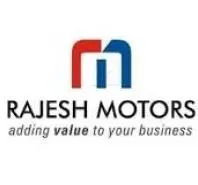
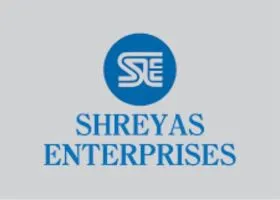
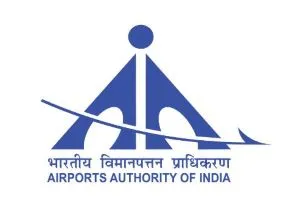
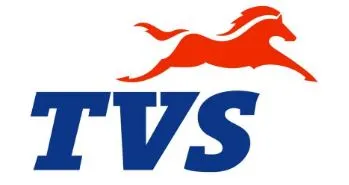




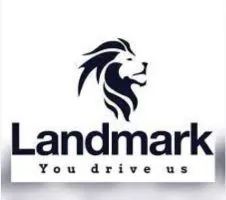

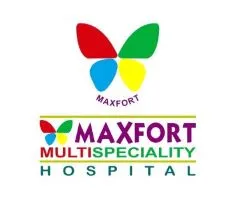
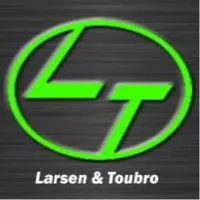




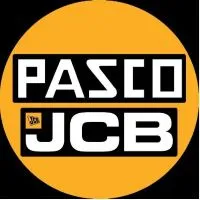


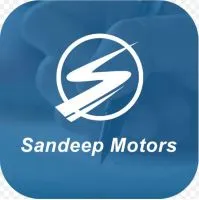
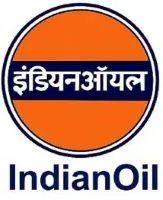
Salient Features
Concept to Commissioning
In-house team for Design. Engineering, Martufacturing, Execution and Service support gives full control over project ownership and quality
Experienced Team
Entire team possess average Industrial Experience of 7+ Year and have proven track record
Tailor Made Solutions
Our wide experience of solution design in multiple technologies enable us to choose technology that is most economical and efficient in long run.
Future Ready Products
Automation is the heart of every Awetech product. Our products performance can be monitored from remote location.
Life Cycle Management
We can take complete responsibility of product operation, maintenance, upgradation and comply latest pollution control board norms.
Comply Pollution Norms
Our design philosophy and documentation is in line with quidelines set by legal authorities. We provide support to take required approvals from pollution department
Our Design Philosophy
Analyze & Inspect
"You cannot improve those things
which you can not evaluate”.
✓ Analyze Water or Waste Water
Parameters.
✓ Inspect site to check availability of
Space and utilities.
Understand Application
Our Sales professionals will take detailed note of your requirement & challenges. Factors like Future expansions, end use of Water and Water depletion rate plays a very important role product designing.
Technology Selection
" Wrong selection may save you some penny initially but take out far more during operation & maintenance”. Thus, technology selection considering the soaring prices of Electricity, Manpower, Space, chemical and consumables is essential.
Design & Manufacturing
As a standard procedure we first make to-the-scale 3D design of entire project with plumbing and other connections. After discussing it with client we starts manufacturing tailor made unit in our state-of-the-art facility.
Quality Inspection
Our Ever plant has to go through the stringent Quality test, where we test the strength of fabrication, Anti Corrosion coating, Dimensions, Water leakage test and product finishing.
ENQUIRE NOW
Served Locations
Uttar Pradesh (UP) | Kanpur | Lucknow | Ghaziabad | Agra | Varanasi | Madhya Pradesh (MP) | Indore | Bhopal | Jabalpur | Gwalior | Ujjain | Rajasthan | Jaipur | Jodhpur | Kota | Bikaner | Ajmer | Jammu and Kashmir (J&K) | Srinagar | Jammu | Gujarat | Ahmedabad | Surat | Vadodara | Rajkot | Bhavnagar | Punjab | Ludhiana | Amritsar | Jalandhar | Patiala | Bathinda | Delhi National Capital (NCR) | Delhi | Gurgaon (Gurugram) | Noida | Faridabad | Ghaziabad | Maharashtra | Mumbai | Pune | Nagpur | Thane | Nashik


